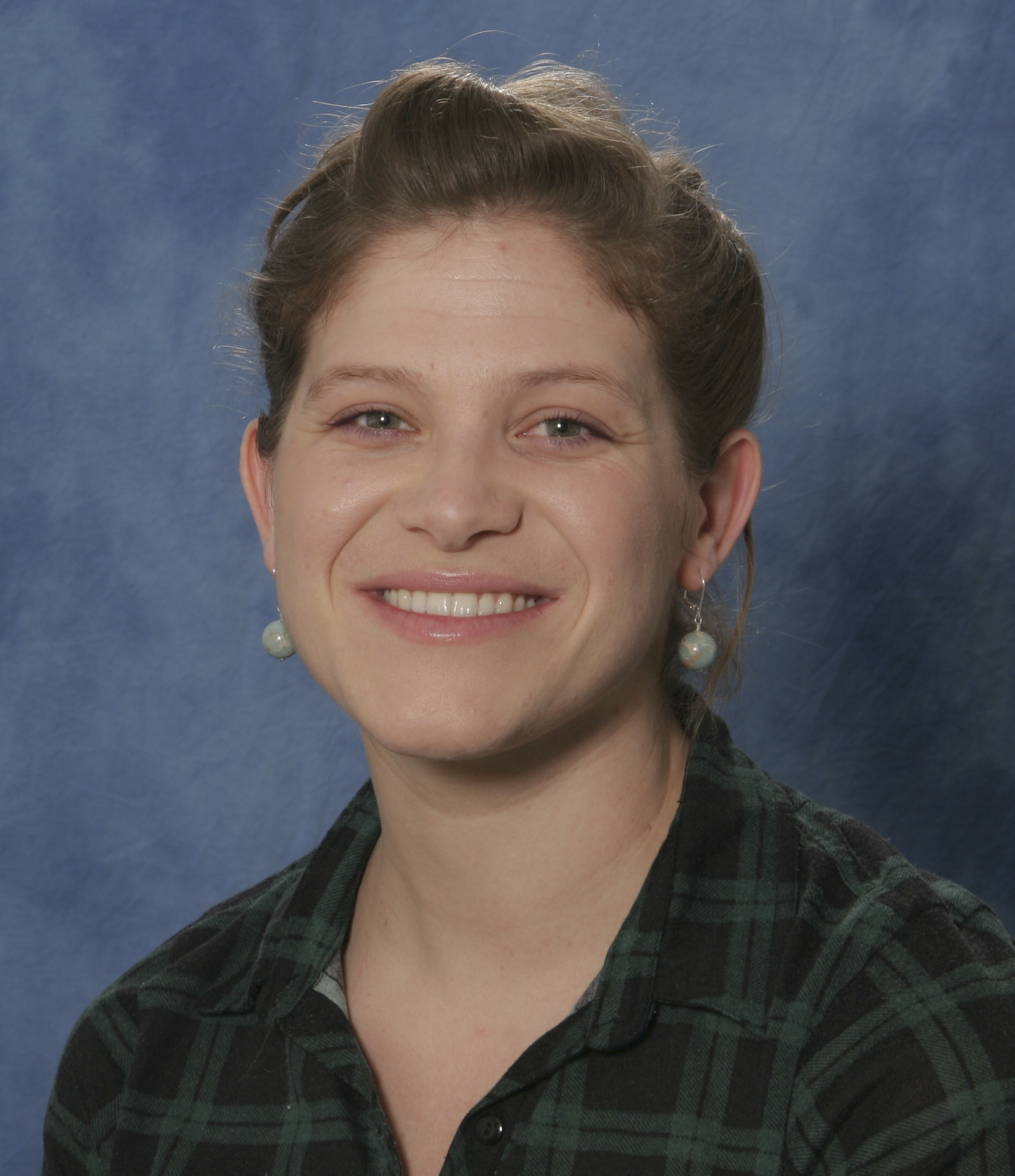 Singleton Thibodeaux-Yost, Science Operations Engineer with HiRISE, was selected by the American Geophysical Union (AGU) as an advocate in the Voices for Science program. Singleton was selected from a highly competitive applicant pool for her strong communication skills and enthusiasm for communicating the importance of Earth and Space Science to lawmakers, the press, and the public. As part of the Voices for Science class of 2019, Singleton had the opportunity to attend an interactive two-day workshop in Washington, D.C., which focused on building skills and toolkits for communication and policy development. The Voices for Science program provides for a
Singleton Thibodeaux-Yost, Science Operations Engineer with HiRISE, was selected by the American Geophysical Union (AGU) as an advocate in the Voices for Science program. Singleton was selected from a highly competitive applicant pool for her strong communication skills and enthusiasm for communicating the importance of Earth and Space Science to lawmakers, the press, and the public. As part of the Voices for Science class of 2019, Singleton had the opportunity to attend an interactive two-day workshop in Washington, D.C., which focused on building skills and toolkits for communication and policy development. The Voices for Science program provides for a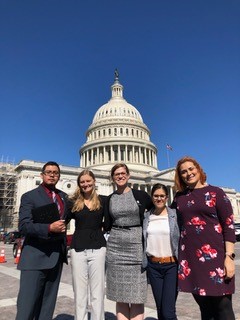 dditional networking and collaboration opportunities with this year's other 34 program participants as well as members of the 2018 Voices for Science cohort. The Voices for Science program will provide funding for travel and registration to the Fall 2019 AGU Meeting, to be held in San Francisco, December 9-13.
dditional networking and collaboration opportunities with this year's other 34 program participants as well as members of the 2018 Voices for Science cohort. The Voices for Science program will provide funding for travel and registration to the Fall 2019 AGU Meeting, to be held in San Francisco, December 9-13.
The 2019 Voices for Science cohort includes 5 participants from the University of Arizona (UA). The UA group plans to develop a “Science & Policy Cafe” on campus and to host monthly luncheons to discuss topics like current political trends and how they relate to science funding and how science is applied to decision-making and governing. Singleton says, "We will provide resources to stay engaged, and tips and training on how to build relationships with legislators. We will also be inviting guest speakers who have dealt with the application of science to policy in the real world."


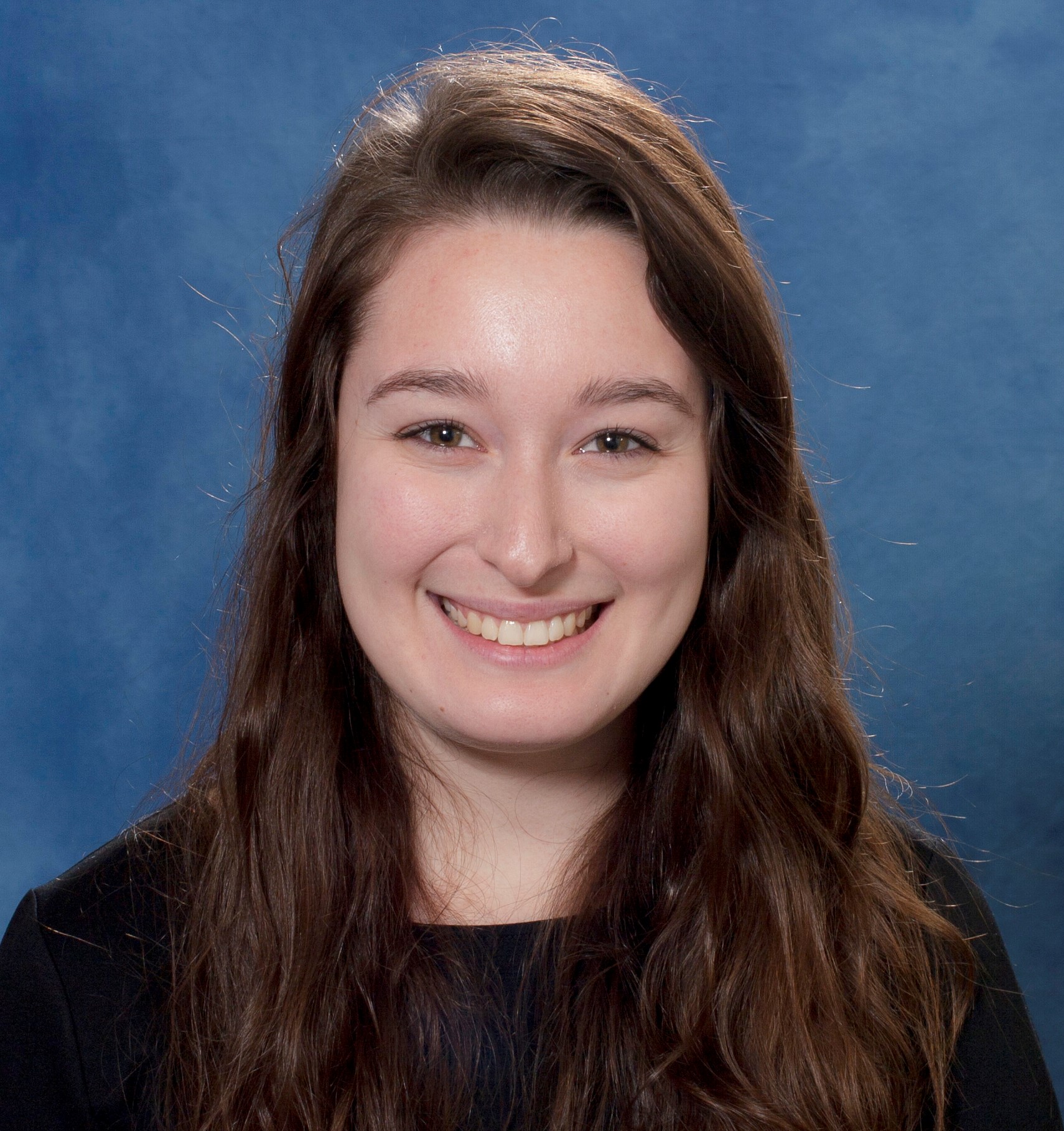
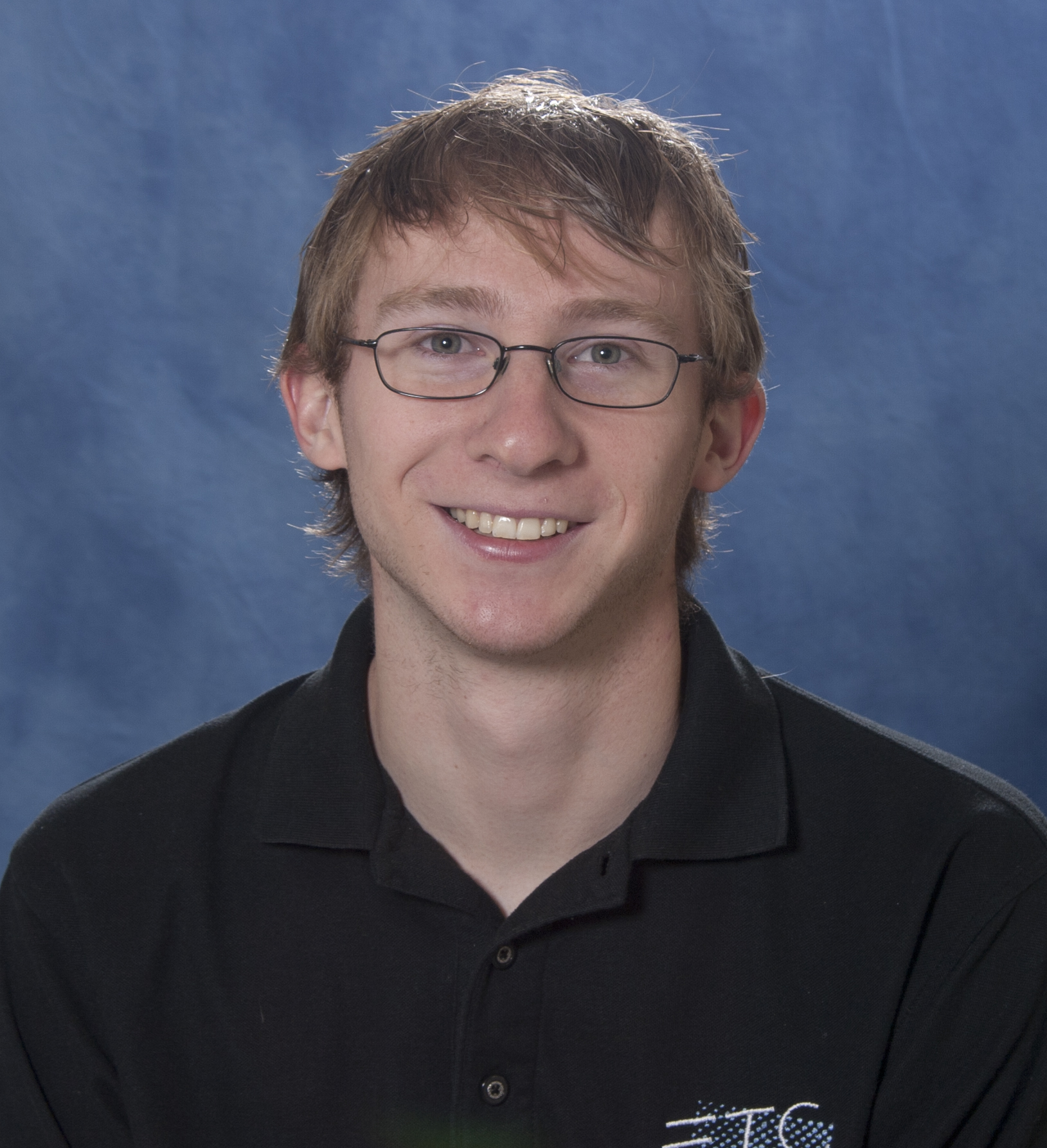 Joshua defended his dissertation, Characterizing the Atmospheres of Exoplanet Populations: From Sub-Jovian to Ultra-Hot Jupiter Exoplanets, on May 31. In August, Joshua will begin a postdoctoral fellowship at
Joshua defended his dissertation, Characterizing the Atmospheres of Exoplanet Populations: From Sub-Jovian to Ultra-Hot Jupiter Exoplanets, on May 31. In August, Joshua will begin a postdoctoral fellowship at 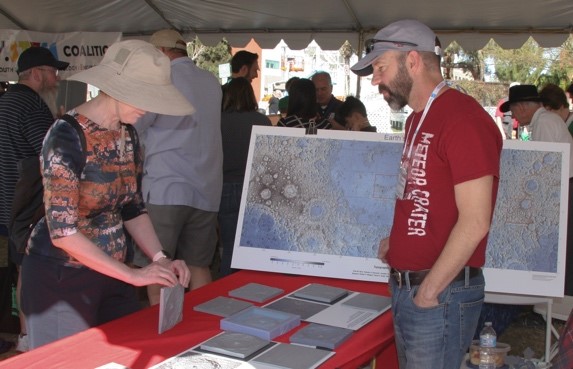
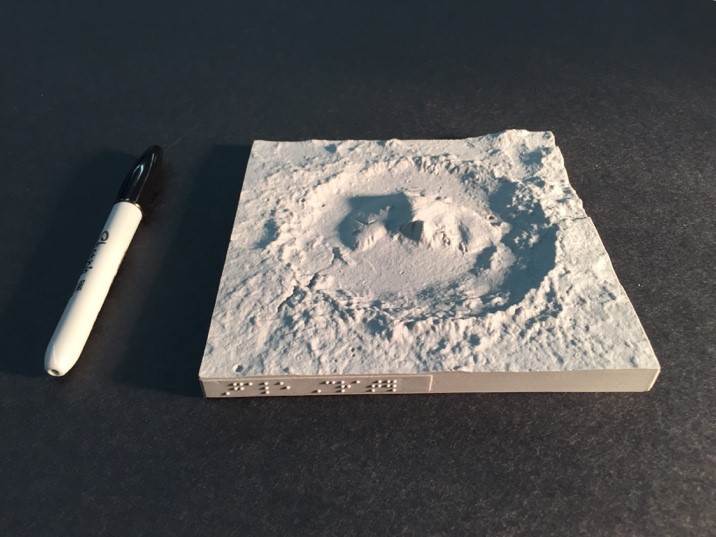
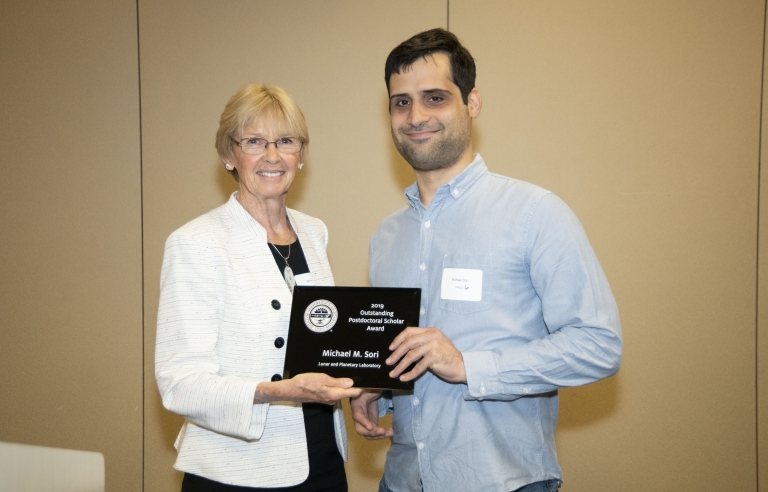
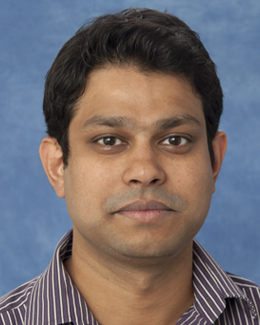 Dr. Pranabendu Moitra joined LPL in August 2018 as a Postdoctoral Research Associate working with
Dr. Pranabendu Moitra joined LPL in August 2018 as a Postdoctoral Research Associate working with 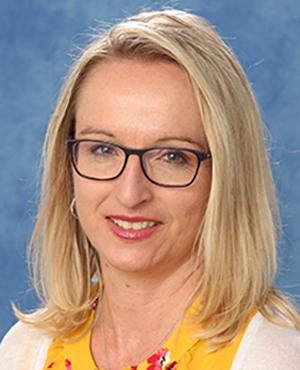 Amy Brenton
Amy Brenton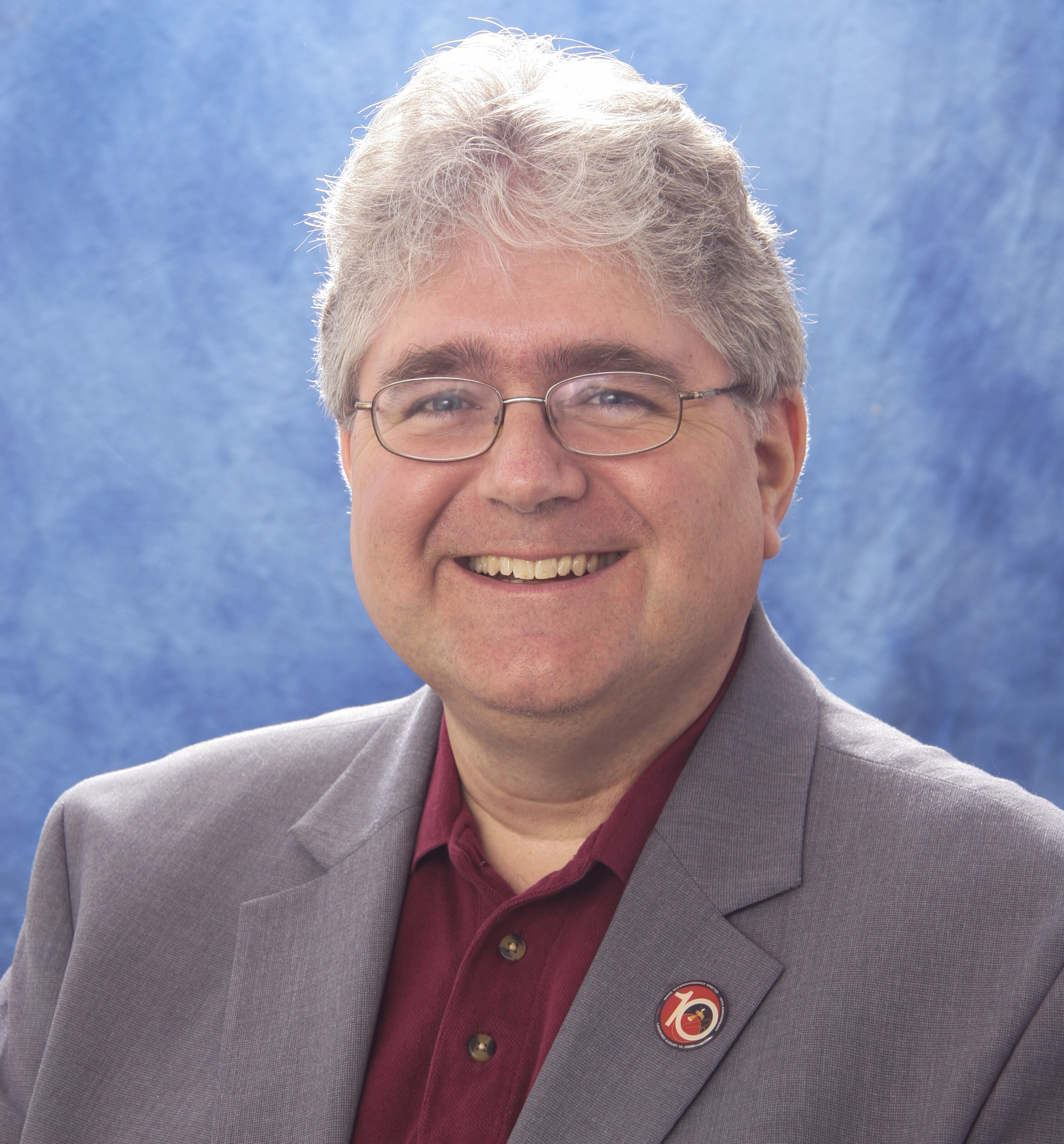 As lead Spacecraft Operations Software Engineer for the
As lead Spacecraft Operations Software Engineer for the 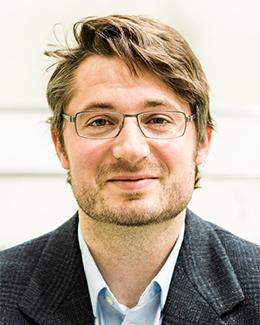 Zach Adam recently joined LPL as an Associate Staff Scientist with a focus on the origins of life, the origins of eukaryotes, and the possible distribution of complex life in our universe. He came to LPL after a postdoc fellowship through the Simons Collaboration on the Origins of Life, where he and his colleagues conducted gamma ray irradiation experiments on aqueous mixtures of simple carbon compounds. Together they discovered new, efficient pathways for the production each of the precursors predicted for RNA World scenarios. Before this assignment, he was a graduate student at Montana State University, where he discovered two new sources of microfossils in the rocks of the Belt Supergroup. These microfossils included beautifully preserved specimens of some of the oldest eukaryotes known from the fossil record. And before this he was a launch vehicle inspector for the federal government, where he got the chance to serve on the licensing teams for the SpaceX Falcon 1, Falcon 9 and Dragon and Sea Launch Zenit-3SL programs.
Zach Adam recently joined LPL as an Associate Staff Scientist with a focus on the origins of life, the origins of eukaryotes, and the possible distribution of complex life in our universe. He came to LPL after a postdoc fellowship through the Simons Collaboration on the Origins of Life, where he and his colleagues conducted gamma ray irradiation experiments on aqueous mixtures of simple carbon compounds. Together they discovered new, efficient pathways for the production each of the precursors predicted for RNA World scenarios. Before this assignment, he was a graduate student at Montana State University, where he discovered two new sources of microfossils in the rocks of the Belt Supergroup. These microfossils included beautifully preserved specimens of some of the oldest eukaryotes known from the fossil record. And before this he was a launch vehicle inspector for the federal government, where he got the chance to serve on the licensing teams for the SpaceX Falcon 1, Falcon 9 and Dragon and Sea Launch Zenit-3SL programs.